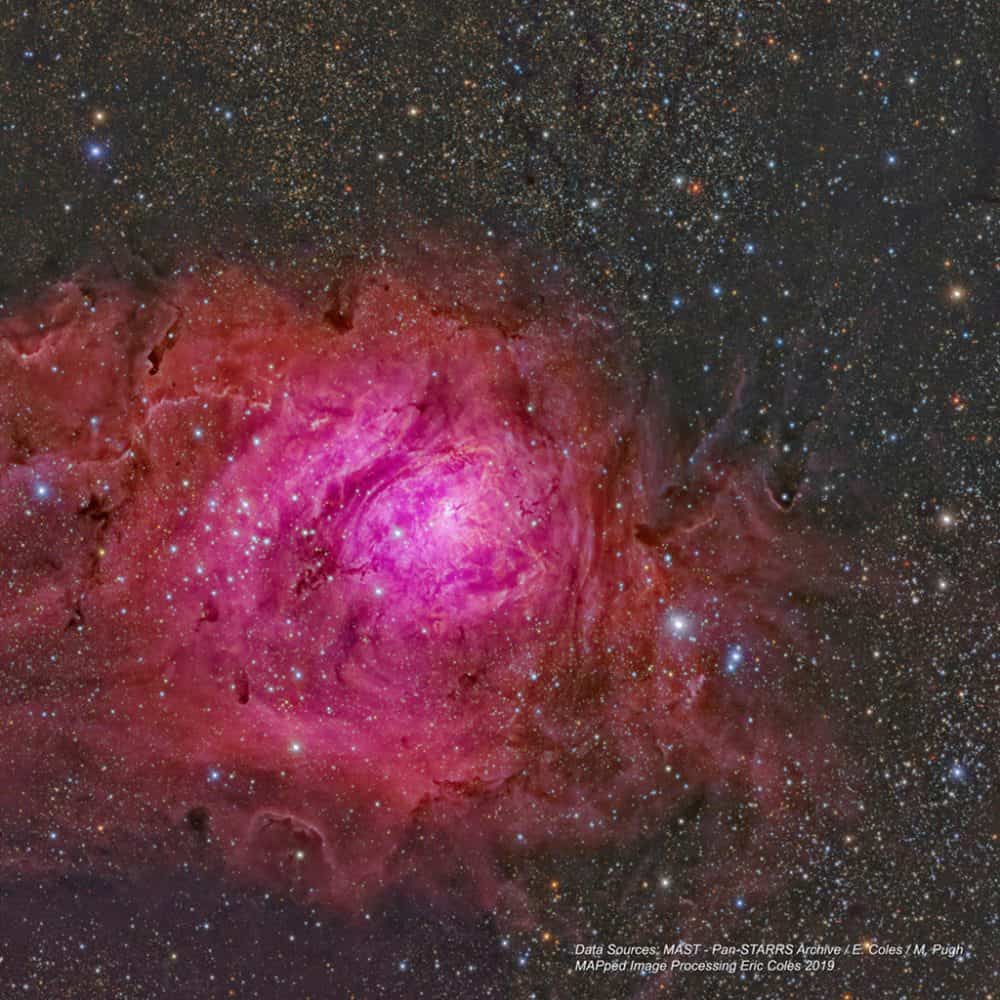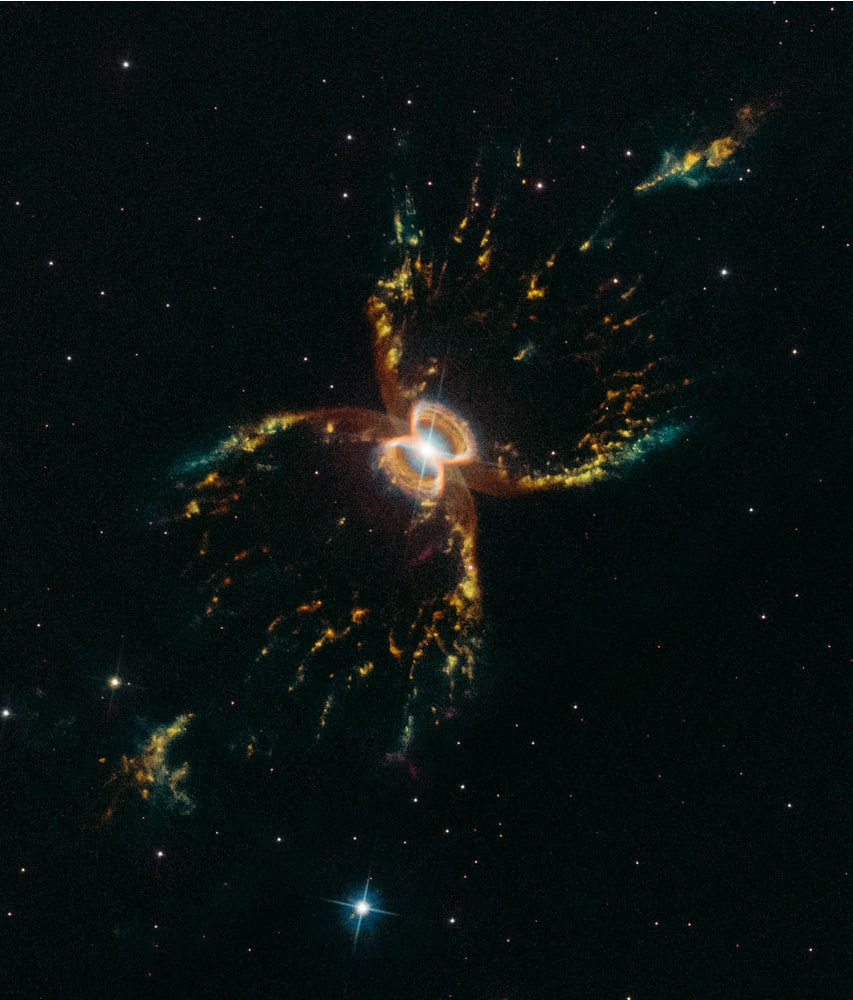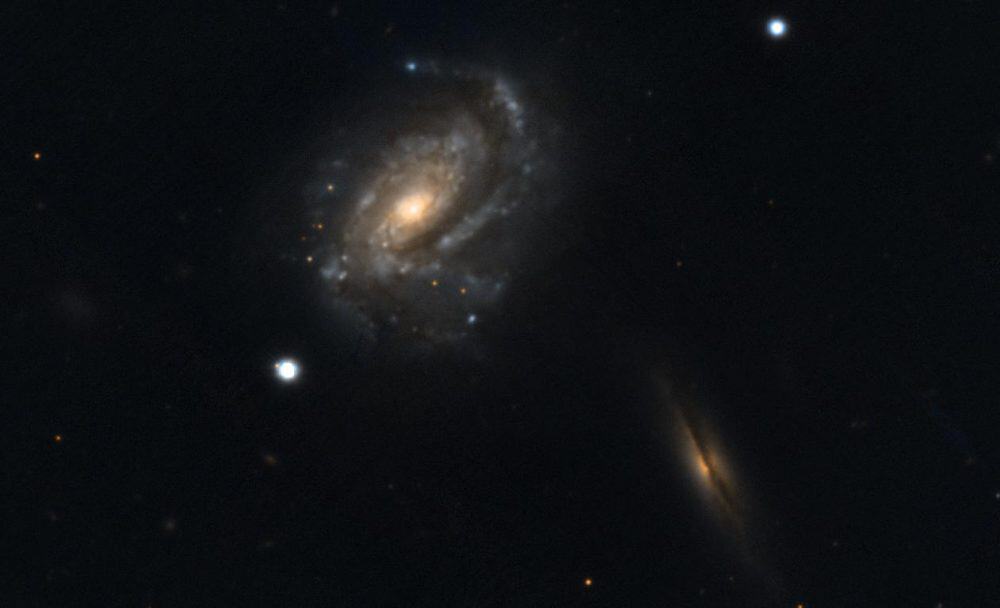Blog
John Ned “Johnny” Shines (April 26, 1915 – April 20, 1992) was an American blues singer and guitarist.
Shines was born in the community of Frayser, in Memphis, Tennessee. He was taught to play the guitar by his mother and spent most of his childhood in Memphis, playing slide guitar at an early age in juke joints and on the street. He moved to Hughes, Arkansas, in 1932 and worked on farms for three years, putting aside his music career. A chance meeting with Robert Johnson, his greatest influence, gave him the inspiration to return to music. In 1935, Shines began traveling with Johnson, touring in the United States and Canada. They parted in 1937, one year before Johnson’s death.
Shines played throughout the southern United States until 1941, when he settled in Chicago. There he found work in the construction industry but continued to play in local bars.
He made his first recording in 1946 for Columbia Records, but the takes were never released. He recorded for Chess Records in 1950, but again no records were released. He kept playing with blues musicians in the Chicago area for several more years. In 1952, Shines recorded what is considered his best work, for J.O.B. Records. The recordings were a commercial failure, and Shines, frustrated with the music industry, sold his equipment and returned to working in construction.
more...Flamenco Fridays with Rumba
Rumba flamenca, also known as flamenco rumba or simply rumba (Spanish pronunciation: [ˈrumba]), is a palo (style) of flamenco music developed in Andalusia, Spain. It is known as one of the cantes de ida y vuelta (roundtrip songs), music which diverged in the new world, then returned to Spain in a new form. The genre originated in the 19th century in Andalusia, southern Spain, where Cuban music first reached the country.
Rumba flamenca was primarily influenced by guaracha, an uptempo style of vocal music which originated in Havana‘s musical theatre. Some elements from Cuban rumba were also incorporated, although minor, despite the name. Although unlikely, both guaracha and Cuban rumba might have been influenced by flamenco earlier in the 19th century. Guarachas can be traced back to the Spanish jácaras, thus justifying the classification of rumba flamenca as a cante de ida y vuelta.
The first rumba flamenca recordings were made by La Niña de los Peines in the 1910s. During the late 20th century, Paco de Lucía, together with percussionist Rubem Dantas, incorporated Afro-Peruvian musical elements such as the cajón (wooden box) and certain rhythms.
more...Ridges of glowing interstellar gas and dark dust clouds inhabit the turbulent, cosmic depths of the Lagoon Nebula. Also known as M8, the bright star forming region is about 5,000 light-years distant. But it still makes for a popular stop on telescopic tours of the constellation Sagittarius, toward the center of our Milky Way Galaxy. Dominated by the telltale red emission of ionized hydrogen atoms recombining with stripped electrons, this stunning view of the Lagoon is over 100 light-years across. At its center, the bright, compact, hourglass shape is gas ionized and sculpted by energetic radiation and extreme stellar winds from a massive young star. In fact, the many bright stars of open cluster NGC 6530 drift within the nebula, just formed in the Lagoon several million years ago. Broadband image data from Pan-STARRS (Panoramic Survey Telescope & Rapid Response System) was combined with narrowband data from amateur telescopes to create this wide and deep portrait of the Lagoon Nebula.
more...Vassar Carlton Clements (April 25, 1928 – August 16, 2005) was a Grammy Award-winning American jazz, swing, and bluegrass fiddler. Clements has been dubbed the Father of Hillbilly Jazz, an improvisational style that blends and borrows from swing, hot jazz, and bluegrass along with roots also in country and other musical traditions Clements was born in Kinard, Florida,[2] but grew up in Kissimmee. He taught himself to play the fiddle at age 7, learning “There’s an Old Spinning Wheel in the Parlor” as his first song. Soon, he joined with two first cousins, Red and Gerald, to form a local string band. In his early teens Clements met Bill Monroe and the Blue Grass Boys when they came to Florida to visit Clements’ stepfather, a friend of fiddler Chubby Wise. Clements was impressed with his playing.
Albert Nelson (April 25, 1923 – December 21, 1992), known by his stage name Albert King, was an American blues guitarist and singer whose playing influenced many other blues guitarists. He is perhaps best known for the popular and influential album Born Under a Bad Sign (1967) and its title track. He is one of the three performers (together with B. B. King and Freddie King) known as the “Kings of the Blues.”
He was also known as “The Velvet Bulldozer” because of his smooth singing and large size—he stood taller than average, with sources reporting 6 ft 4 in (1.93 m) or 6 ft 7 in (2.01 m), and weighed 250 lb (110 kg)—and also because he drove a bulldozer in one of his day jobs early in his career.
King was posthumously inducted into the Rock and Roll Hall of Fame in May 2013. In 2011, he was ranked number 13 on Rolling Stone’s 100 Greatest Guitarists of All Time. Nelson was born on a cotton plantation in Indianola, Mississippi.
Ella Jane Fitzgerald (April 25, 1917 – June 15, 1996) was an American jazz singer sometimes referred to as the First Lady of Song, Queen of Jazz, and Lady Ella. She was noted for her purity of tone, impeccable diction, phrasing, intonation, and a “horn-like” improvisational ability, particularly in her scat singing.
After a tumultuous adolescence, Fitzgerald found stability in musical success with the Chick Webb Orchestra, performing across the country but most often associated with the Savoy Ballroom in Harlem. Her rendition of the nursery rhyme “A-Tisket, A-Tasket” helped boost both her and Webb to national fame. After taking over the band when Webb died, Fitzgerald left it behind in 1942 to start her solo career.
Her manager was Moe Gale, co-founder of the Savoy, until she turned the rest of her career over to Norman Granz, who founded Verve Records to produce new records by Fitzgerald. With Verve she recorded some of her more widely noted works, particularly her interpretations of the Great American Songbook.
While Fitzgerald appeared in movies and as a guest on popular television shows in the second half of the twentieth century, her musical collaborations with Louis Armstrong, Duke Ellington, and The Ink Spots were some of her most notable acts outside of her solo career. These partnerships produced some of her best-known songs such as “Dream a Little Dream of Me“, “Cheek to Cheek“, “Into Each Life Some Rain Must Fall“, and “It Don’t Mean a Thing (If It Ain’t Got That Swing)“.
In 1993, she ended her nearly 60-year career with her last public performance. Three years later, she died at the age of 79 after years of declining health. Her accolades included fourteen Grammy Awards, the National Medal of Arts, and the Presidential Medal of Freedom. Fitzgerald was born on April 25, 1917, in Newport News, Virginia.
https://www.youtube.com/watch?v=2zdGFBBnNtg
The symmetric, multi-legged appearance of the Southern Crab Nebula is certainly distinctive. About 7,000 light-years distant toward the southern sky constellation Centaurus, its glowing nested hourglass shapes are produced by the remarkable symbiotic binary star system at its center. The nebula’s dramatic stellar duo consists of a hot white dwarf star and cool, pulsating red giant star shedding outer layers that fall onto the smaller, much hotter companion. Embedded in a disk of material, outbursts from the white dwarf cause an outflow of gas driven away both above and below the disk resulting in the bipolar hourglass shapes. The bright central shape is about half a light-year across. This new Hubble Space Telescope image celebrates the 29th anniversary of Hubble’s launch on April 24, 1990 on board the Space Shuttle Discovery.
more...Joe Henderson (April 24, 1937 – June 30, 2001) was an American jazz tenor saxophonist. In a career spanning more than four decades, Henderson played with many of the leading American players of his day and recorded for several prominent labels, including Blue Note.
Born in Lima, Ohio, Henderson was one of five sisters and nine brothers. He was encouraged by his parents Dennis and Irene (née Farley)and older brother James T. to study music. He dedicated his first album to them “for being so understanding and tolerant” during his formative years. Early musical interests included drums, piano, saxophone and composition. According to Kenny Dorham, two local piano teachers who went to school with Henderson’s brothers and sisters, Richard Patterson and Don Hurless, gave him a knowledge of the piano. He was particularly enamored of his brother’s record collection. It seems that a hometown drummer, John Jarette, advised Henderson to listen to musicians like Lester Young, Stan Getz, Dexter Gordon and Charlie Parker.
more...John Arnold Griffin III (April 24, 1928 – July 25, 2008) was an American jazz tenor saxophonist. Nicknamed “the Little Giant” for his short stature and forceful playing, Griffin’s career began in the early 1940s and continued until the month of his death. A pioneering figure in hard bop, Griffin recorded prolifically as a bandleader in addition to stints with pianist Thelonious Monk, drummer Art Blakey, in partnership with fellow tenor Eddie “Lockjaw” Davis and as a member of the Kenny Clarke/Francy Boland Big Band after he moved to Europe in the 1960s. In 1995, Griffin was awarded an Honorary Doctorate of Music from Berklee College of Music.
Griffin studied music at DuSable High School in Chicago under Walter Dyett, starting out on clarinet before moving on to oboe and then alto sax. While still at high school at the age of 15, Griffin was playing with T-Bone Walker in a band led by Walker’s brother.
Alto saxophone was still his instrument of choice when he joined Lionel Hampton‘s big band three days after his high school graduation, but Hampton encouraged him to take up the tenor, playing alongside Arnett Cobb. He first appeared on a Los Angeles recording with Hampton’s band in 1945 at the age of 17.
more...NGC 877 is an intermediate spiral galaxy located in the constellation Aries. It is located at a distance of circa 160 million light years from Earth, which, given its apparent dimensions, means that NGC 877 is about 115,000 light years across. It was discovered by William Herschel on October 14, 1784. It interacts with NGC 876.
NGC 877 features two spiral arms with a grand design pattern and slightly disturbed morphology. When pictured in H-alpha, the arms have numerous knots and appear brighter than the nucleus. The northwest part of the galaxy has higher polarised emission than the rest of the galaxy. A bar appears in radio waves. The nucleus has activity that resembles that of a HII region. The galaxy has been categorised as a luminous infrared galaxy, a category of galaxies associated with high star formation rate. The total infrared luminosity of the galaxy is estimated to be between 1011.04 L☉ and 1011.1 L☉, lying near the threshold to classify a galaxy as luminous infrared. The total star formation rate in NGC 877 is estimated to be between 20 and 53 M☉ per year.
One possible supernova has been observed in NGC 877, SN 2019rn. It was discovered by the robotic sky survey ATLAS on January 12.30, 2019, using a twin 0.5m telescope system. It had apparent magnitude 18.9 on discovery. The supernova was initially classified as a type II supernova with spectroscopic observations by Keck-II, and further spectographic observations categorised it as type IIb, although it could also be a cataclysmic variable or another type of variable star.
NGC 877 forms a pair with the edge-on spiral galaxy NGC 876, which lies 2.1 arcminutes to the southwest. At the distance of NGC 877, this corresponds to a projected distance of 30 kpc.
more...Roy Kelton Orbison (April 23, 1936 – December 6, 1988) was an American singer, songwriter, and musician known for his powerful voice, wide vocal range, impassioned singing style, complex song structures, and dark, emotional ballads. The combination led many critics to describe his music as operatic, nicknaming him “the Caruso of Rock” and “the Big O”. While most male rock-and-roll performers in the 1950s and 1960s projected a defiant masculinity, many of Orbison’s songs instead conveyed vulnerability. During performances, he was known for standing still and solitary and for wearing black clothes to match his dyed jet-black hair and dark sunglasses; all of this lent an air of mystery to his persona.
Born in Texas, Orbison began singing in a rockabilly and country-and-western band in high school. He was signed by Sam Phillips, of Sun Records, in 1956, but his greatest success came with Monument Records. From 1960 to 1966, 22 of his singles reached the Billboard Top 40, and he wrote or co-wrote almost all that rose to the Top 10, including “Only the Lonely” (1960), “Running Scared” (1961), “Crying” (1961), “In Dreams” (1963), and “Oh, Pretty Woman” (1964). Soon afterward, he was struck by a number of personal tragedies while his record sales declined.
In the 1980s, Orbison experienced a resurgence in popularity following the success of several cover versions of his songs. In 1988, he co-founded the Traveling Wilburys, a rock supergroup, with George Harrison, Bob Dylan, Tom Petty, and Jeff Lynne. Orbison died of a heart attack in December 1988 at the age of 52. One month later, Orbison’s song “You Got It” (1989), co-written with Lynne and Petty, was released as a solo single and became his first hit to reach the U.S. Top 10 in nearly 25 years.
Orbison’s honors include inductions into the Rock and Roll Hall of Fame in 1987, the Nashville Songwriters Hall of Fame in the same year, and the Songwriters Hall of Fame in 1989. Rolling Stone placed him at number 37 on their list of the “Greatest Artists of All Time” and number 13 on their list of the “100 Greatest Singers of All Time’. In 2002, Billboard magazine listed Orbison at number 74 in the Top 600 recording artists.
more...Vernice “Bunky” Green (born April 23, 1935) is an American jazz alto saxophonist and educator.
His first big break came when he was hired in New York City by Charles Mingus as a replacement for Jackie McLean in the 1960s. His brief stint with the eccentric bass player made a deep impression. Mingus’ sparing use of notationand his belief that there was no such thing as a wrong note had a lasting influence on Green’s own style.
The next year, Green moved to Chicago, Illinois, where he appeared with several prominent players including Sonny Stitt, Louie Bellson, Andrew Hill, Yusef Lateef, and Ira Sullivan. Originally strongly influenced by Charlie Parker, Green spent a period reassessing his style and studying, emerging with a highly distinctive sound that has deeply influenced a number of younger saxophonists, including Steve Coleman and Greg Osby.
https://www.youtube.com/watch?v=SQURFbCzDZk
more...Charles Edward “Cow Cow” Davenport (April 23, 1894 – December 3, 1955) was an American boogie-woogie and piano blues player as well as a vaudeville entertainer. He also played the organ and sang.
Davenport, who also made recordings under the pseudonyms of Bat The Humming Bird, George Hamilton and The Georgia Grinder, is a member of the Alabama Music Hall of Fame.
He was born in Anniston, Alabama, United States, one of eight children. Davenport started playing the piano at age 12. His father objected strongly to his musical aspirations and sent him to a theological seminary, where he was expelled for playing ragtime.
Davenport’s career began in the 1920s when he joined Banhoof’s Traveling Carnival, a medicine show. His first fame came as accompanist to blues musicians Dora Carr and Ivy Smith. Davenport and Carr performed as a vaudeville act as “Davenport & Co”, and he performed with Smith as the “Chicago Steppers”. He also performed with Tampa Red. Davenport recorded for many record labels, and was a talent scout and artist for Vocalion Records. Davenport suffered a stroke in 1938 and lost movement in his hands. He was washing dishes when he was found by the jazz pianist Art Hodes. Hodes assisted in his rehabilitation and helped him find new recording contracts.
His best-known tune was “Cow Cow Blues”. The “Cow Cow” in the title referred to a train’s cowcatcher. The popularity of the song gave Davenport the nickname “Cow Cow.” In 1953, “Cow Cow Blues” was an influence on the Ahmet Ertegün-written “Mess Around” by Ray Charles,[citation needed] which was Charles’s first step away from his Nat “King” Cole-esque style, and into the style he would employ throughout the 1950s for Atlantic Records.
https://www.youtube.com/watch?v=D_40mGvLL9k
more...
https://www.youtube.com/watch?v=2RG9qBzHHrQ
more...More Posts
- World Music Memorial Badal Roy
- Fred Frith
- Orville Hoppy Jones
- Daily Roots with Charlie Chaplin
- Cosmos Milky Way Galactic Center
- Buddy Deppenschmidt
- Otis Blackwell
- Carlos Paredes
- Bill Doggett
- Machito
- World Music with Choduraa Tumat
- Daily Roots with Soweto
- Cosmos IC 2431
- Ali Campbell
- Melissa Manchester
- Henry Threadgill
- Kirk Lightsey
- Harold Arlen
- World Music with Eryn Rae
- Daily Roots with George Nooks


